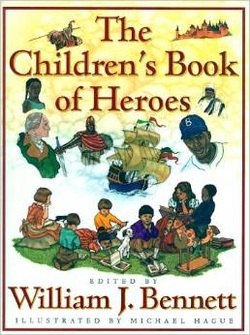
What is a hero? He must be larger than life, and recognized for his bravery, strength of character, and selflessness in the face of adversity. The word hero is from the Greek to describe one who is considered noble in the culture in which he lives. He is willing to sacrifice himself for the greater good as the most defining character trait of a hero. The most beloved and most well known of Greek heroes was Hercules, alleged to be the son of the leader of the gods, Zeus, and a mortal woman. His heroic deeds were extolled far and wide in ancient times. It is possible that the stories of demigod Hercules and other famous mythical heroes throughout history were based on the glorified exploits of actual men. There are also thousands of ordinary men, and don't forget women, who exhibited the characteristics of the hero throughout history. For Americans, of course, President George Washington would probably rank in the top ten of men who were heroes. However, the reputations of many of those once considered heroes would not stand the test of time. Many so-called heroes also turned out to be some of the worst villains the world has ever seen. Hitler, Stalin, and Mao Tse-tung, all larger than life and three of the most powerful men of the 20th Century, each responsible for the deaths of millions of people, were all both hailed as heroes by some and denounced as villains by other members of the world community at large. In his best-selling book THE CHILDREN'S BOOK OF HEROES William Bennett, well-known professor, author, and former Secretary of Education during the administration of President Ronald Reagan, celebrates real and fictional deeds of heroism both large and small. Using stories chosen to illustrate various aspects of heroism in the book, he has tried to promote a better understanding of what heroism is and provide inspiration for young children.
 RSS Feed
RSS Feed